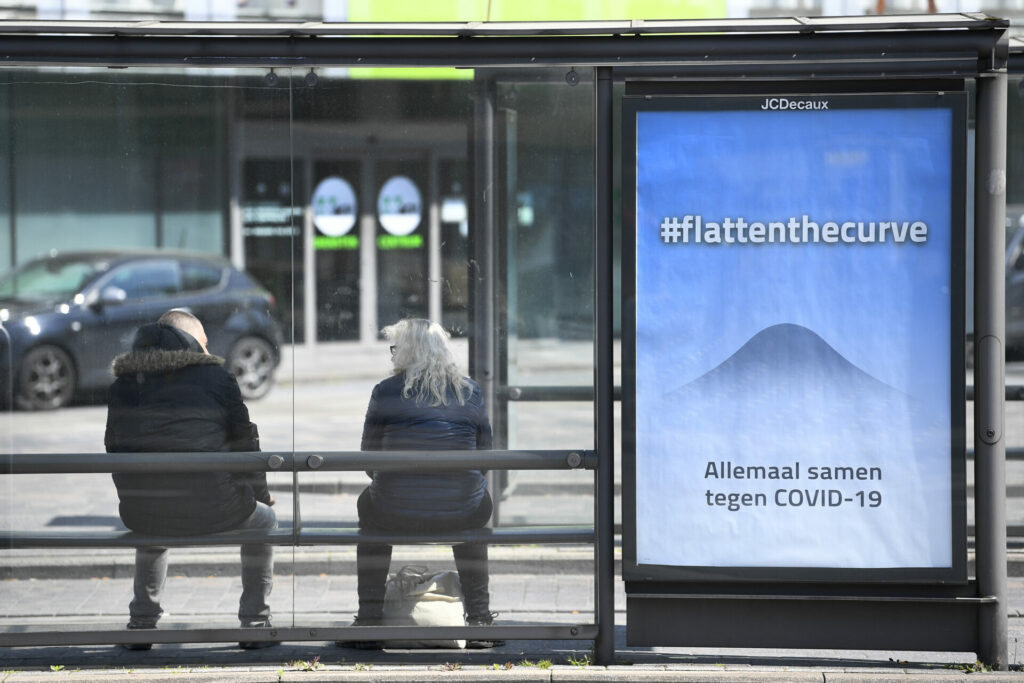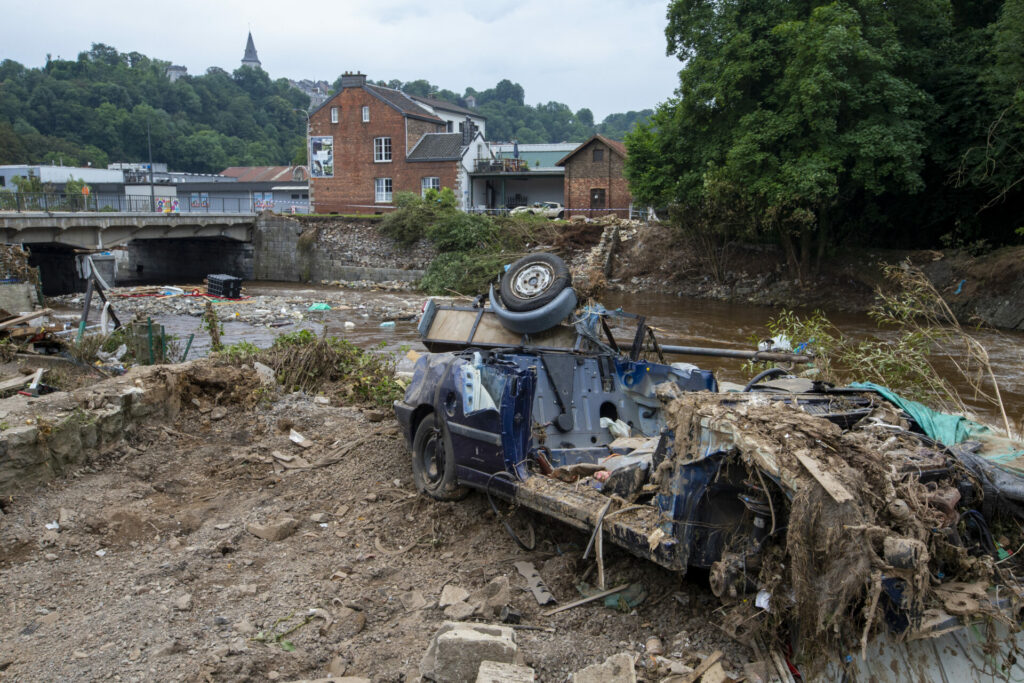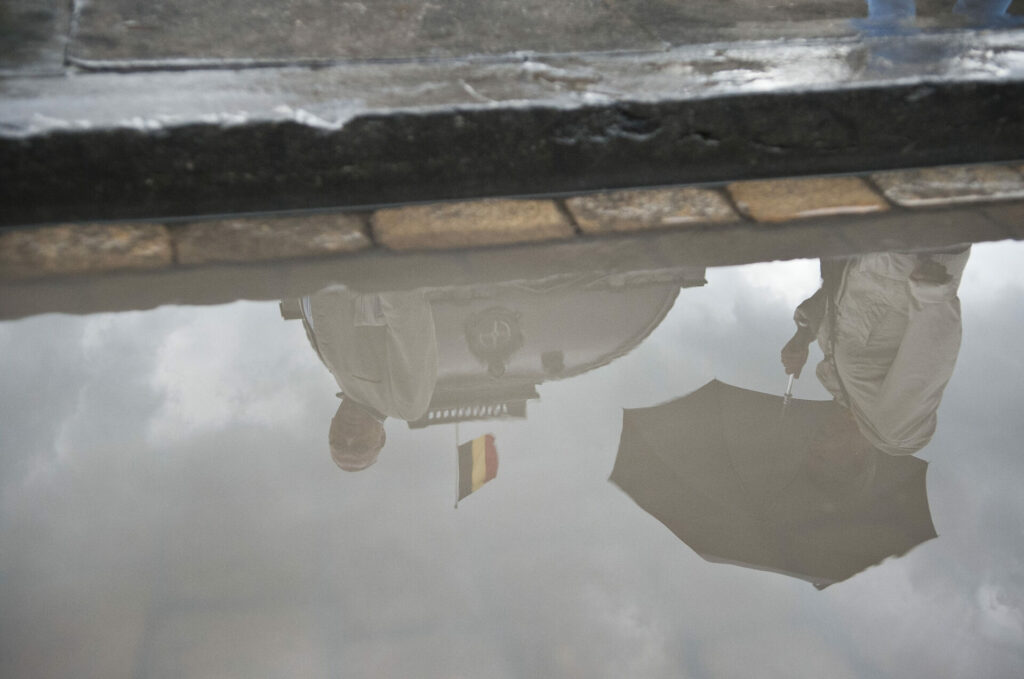Three crises in the last few years have shaken Belgium to its core: Covid-19, the July 2021 floods and the ensuing energy crisis. Not only have these taken their toll on people and families in Belgium, but they have also been expensive ones for the state: a total of €11.182 billion was allocated to cushioning the blow from the multiple crises.
On Tuesday, Le Soir reported on the draft budget Belgium provided to the European Commission, as each of the EU's 27 member states is required to do.
The French-speaking newspaper has sought to put a number on the costs Belgium incurred this year to combat the cumulative crises of the previous two years: the pandemic, last year's floods, and the energy crisis.
Counting the cost of each crisis
In all, Belgium had to spend €11.182 billion on crisis management, a drop from the figure for 2021, which stood at over €15 billion.
The most costly outlay by far this year was the energy crisis caused by the war in Ukraine, with a total of €4.981 billion allocated to alleviate the after-effects of rising energy prices.
The government having to bore the brunt of the crisis was the Federal Government who spent €4.712 billion on various support measures, while the Flemish and Walloon Governments, as well as the Wallonia-Brussels Federation spent €121 million, €80 million and €65 million respectively.

Bus station in Hasselt in April 2020. Credit: Belga / Yorick Jansens
Another costly consequence of the war in Ukraine was the €1.2 billion spent on housing Ukrainian refugees, of which 800 million was allocated by the Federal Government, 225 million by the Flemish Government and Wallonia and Brussels spending 100 million each.
Related News
- The Brussels budget: What changes
- 'Europe is a gentle giant': Belgian PM De Croo delivers State of the Union
- Wallonia agrees on budget for 2023 in attempt to alleviate energy crisis
While recent figures have shown the number of Covid-19 infections decreasing, the pandemic still made a dent into Belgium's finances.
In total, the country spent €4.1 billion of its 2022 budget to purchase vaccines and other equipment to deal with the virus. The largest outlay came from the Federal Government with €2.841 billion, followed by Flanders (€700 million), Wallonia (€363 million) and then Brussels (€278 million).
Finally, while mostly affecting Wallonia, over €759 million was spent to cover the damage costs of last year's floods.

Debris and rubble, including a destroyed car, lying along the banks of the river Vesdre (Vesder-Weser), in the city center of Limbourg on Saturday 24 July 2021. Credit: Belga / Nicolas Maeterlinck
Unsurprisingly, the Government of Wallonia disbursed the highest amount (€718 million) for reconstruction costs and aid to flooding victims, with the German-speaking community and the Brussels Government the only other authorities to pay for further repairs.
What about next year?
With the fall out of crises set to continue into next year, there are further estimated expenses to combat these ongoing crises in 2023 will total €5 billion.Repairing flood damage will cost a further €176 million, Covid-19 will be another €300 million, while €548 million will be disbursed to shelter Ukrainian refugees.
These expenditures, as expected, do not bode well for public finances, as the country's debt is expected to climb to 108.2% of GDP. The structural deficit (the shortfall between a state's expenditures and revenue) will remain unchanged at 4.9% of GDP.
With the upcoming regional and federal elections in 2024, issues around public spending are likely to take centre stage, due to the importance certain parties place on lowering spending and the public debt, while others prioritise softening the blow of successive crises onto citizens in Belgium.

